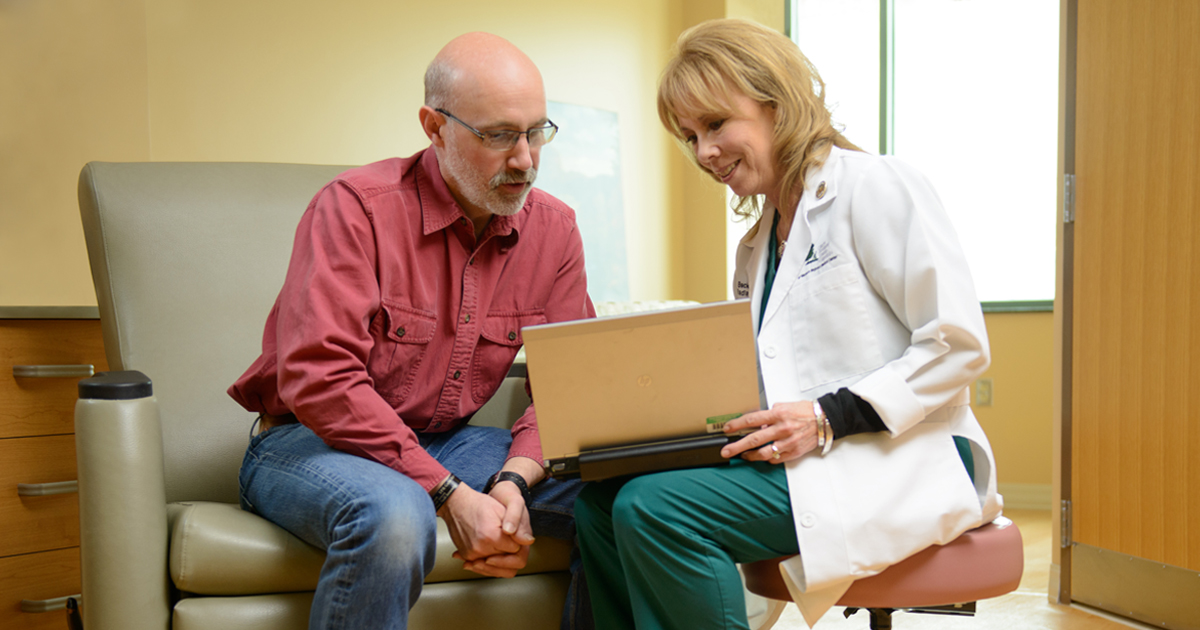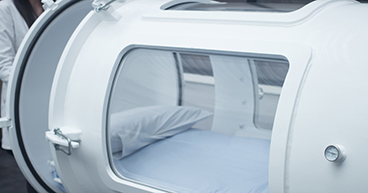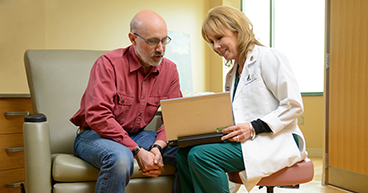
A cancer diagnosis often triggers a roller coaster of ups and downs, dread and optimism, fear and empowerment. Adding to the distress is the difficult task of gathering information to make an evidence-informed decision on a treatment plan. It is natural for a patient to develop erroneous beliefs about cancer and cancer treatment while missing out on important new insights that research shows may improve treatment outcomes. Here, we discuss three myths that are not only incorrect, but also may harm a patient’s chances for thriving after a cancer diagnosis.
Myth: I am having side effects from treatment that are very personal, but I shouldn’t bother my doctor with vanity complaints.
It is critical to tell the members of your medical team what you are going through, so they can identify resources that may help you manage side effects. Each cancer hospital or organization has different approaches to treating various side effects and problems, but if your cancer center offers supportive care, that would be a great place to start if you don’t feel comfortable talking to your oncologist.
But you really have nothing to lose by discussing it with your physician. For example, a lot of patients deal with decreased libido and increased vaginal dryness while on hormone treatments for breast cancer, and yet few see a sex counselor or are aware that the U.S. Food and Drug Administration has approved a device that may help reduce vaginal dryness. If this side effect is bothering you, it is important and worth your physician’s time. However, not all oncologists are aware of treatment options available to address quality-of-life concerns. So, look for a second opinion or referral to a knowledgeable health care provider, if necessary.
Myth: All I need to get the best treatment outcome is to find the best oncologist and complete the recommended treatment.
There is overwhelmingly evidence that getting the “best” cancer treatment is not just about receiving proven treatment protocols. Your ability to endure the side effects and complete your treatment is dependent on your support system, the support and treatment you receive for side effects as they arise, and your understanding and confidence in the treatment.
A good question to ask your oncologist is “what happens if I have an urgent problem at midnight on Saturday?” Make sure to identify the support systems the cancer center has in place for you. Caring for patient needs only when the patient expresses a need is not enough. Ongoing surveillance and doctor inquiries in between visits are critical to improving quality of life and treatment outcomes.
Myth: I shouldn’t burden my family or loved ones by telling them about my disease.
When it comes to a cancer diagnosis, you will need as much help as you can get to avoid feeling overwhelmed. We tend to think of cancer as a heavy burden that family members must endure, and, yes, caregiver stress is real. But in speaking with families of loved ones surviving cancer, some express gratitude that their loved one didn’t die suddenly from traumatic injury or a heart attack, and that they had an opportunity to show their love and support through words and action for their loved one. Sometimes when we are in the abyss of depression and hopelessness, it takes a village of those who care to help us wake up to greater possibilities. Love and healing do not become grander by excluding others from your experience.
I have treated patients who requested that family members not be informed, but then had to face their relatives’ disappointment that they lost an opportunity to help or spend more time with their loved one, by being kept in the dark. Ask yourself if you would want to know about a loved one’s cancer diagnosis if you were the caregiver. The answer, for many, is, “Yes.” That said, there is nothing wrong with excluding people who irritate you or display insensitivity to your situation.


